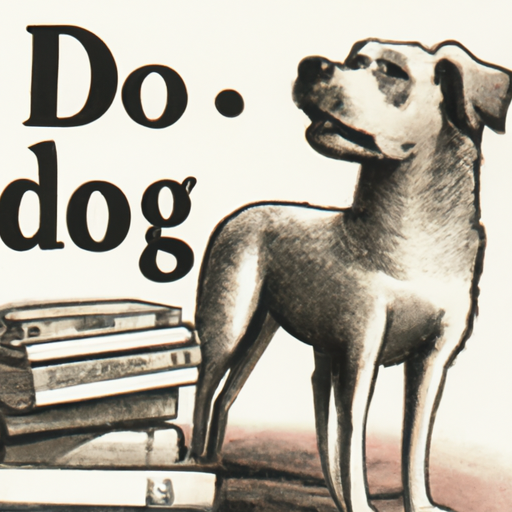How often have you found yourself cuddling your furry friend and wondered, “why are dogs called dogs?” As a caregiver, you are naturally curious and interested in every little detail about your four-legged companion. Let’s dive deep into the origins of the term ‘dog’ and explore its journey through history.
H2: The Etymology of Dog
The word ‘dog’ has a somewhat mysterious origin in the English language. It first appeared in Old English in the 11th century as ‘docga’. But the roots of this word, unlike other animal names, are not as straightforward.
- The Old English ‘docga’ was a term specifically used for a powerful breed of canine.
- The transition to ‘dog’ occurred around the late Middle English period.
But that’s not all. The word ‘dog’ also has connections with languages other than English.
H2: Cross-Cultural Connections
While the English term ‘dog’ may seem unique, it has similarities with terminologies in other languages too. The table below lists some examples:
| Language | Word for Dog | Pronunciation |
|---|---|---|
| German | Hund | hoond |
| Dutch | Hond | hond |
| Swedish | Hund | hoond |
These words might not seem similar to ‘dog’ at first glance. But when pronounced, they share a certain phonetic connection.
H2: Historical Progression
Over the centuries, the term ‘dog’ has evolved, much like the species itself.
- In Old English, the common term for any dog was ‘hound’, derived from the Germanic ‘hundaz’.
- The specific term ‘dog’ was used to denote a particular breed or type.
- Eventually, ‘dog’ became the generic term, and ‘hound’ is now used for certain breeds.
This progression shows the fluidity of language and how meanings can shift over time.
H2: The Cultural Impact
Language reflects our culture, and the words we use carry weight. The term ‘dog’ is no exception.
- In the past, dogs were primarily seen as working animals.
- But modern culture views dogs as loyal companions, worthy of love and care.
This shift in perception has also influenced the connotations of the word ‘dog’.
H2: The Emotional Connection
As a caregiver, you might feel a special connection when you say the word ‘dog’. This simple term encapsulates all the love, joy, and companionship that these wonderful creatures bring into our lives.
FAQs
Q: Why is the term ‘dog’ used instead of ‘hound’ in modern English?
A: The usage shifted over time, with ‘dog’ becoming the generic term and ‘hound’ being used for certain breeds.
Q: Does the term ‘dog’ have connections to other languages?
A: Yes, Germanic and Scandinavian languages have similar words for ‘dog’.
Q: Has the cultural perception of dogs affected the usage of the term ‘dog’?
A: Yes, as dogs became seen as companions rather than working animals, the term ‘dog’ gained more positive connotations.
In conclusion, the term ‘dog’ carries a rich history, full of linguistic twists and cultural turns. As you cuddle your furry friend tonight, you can now appreciate the depth of the simple term ‘dog’.



